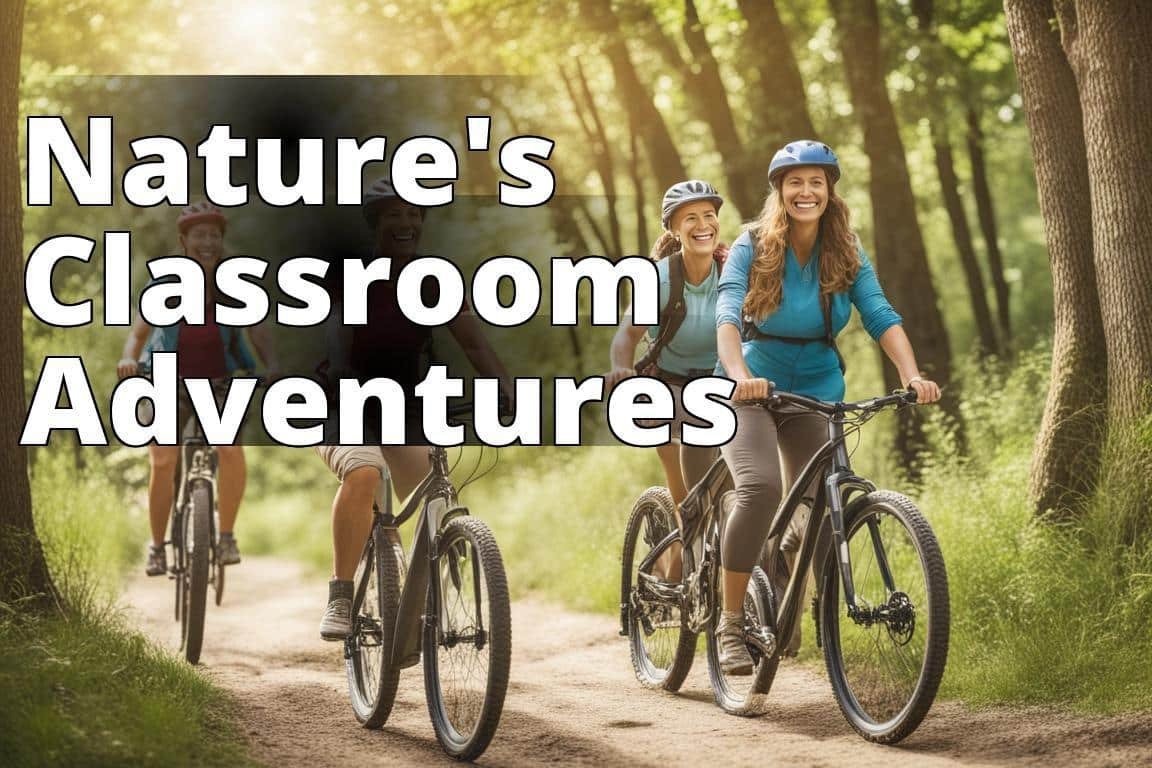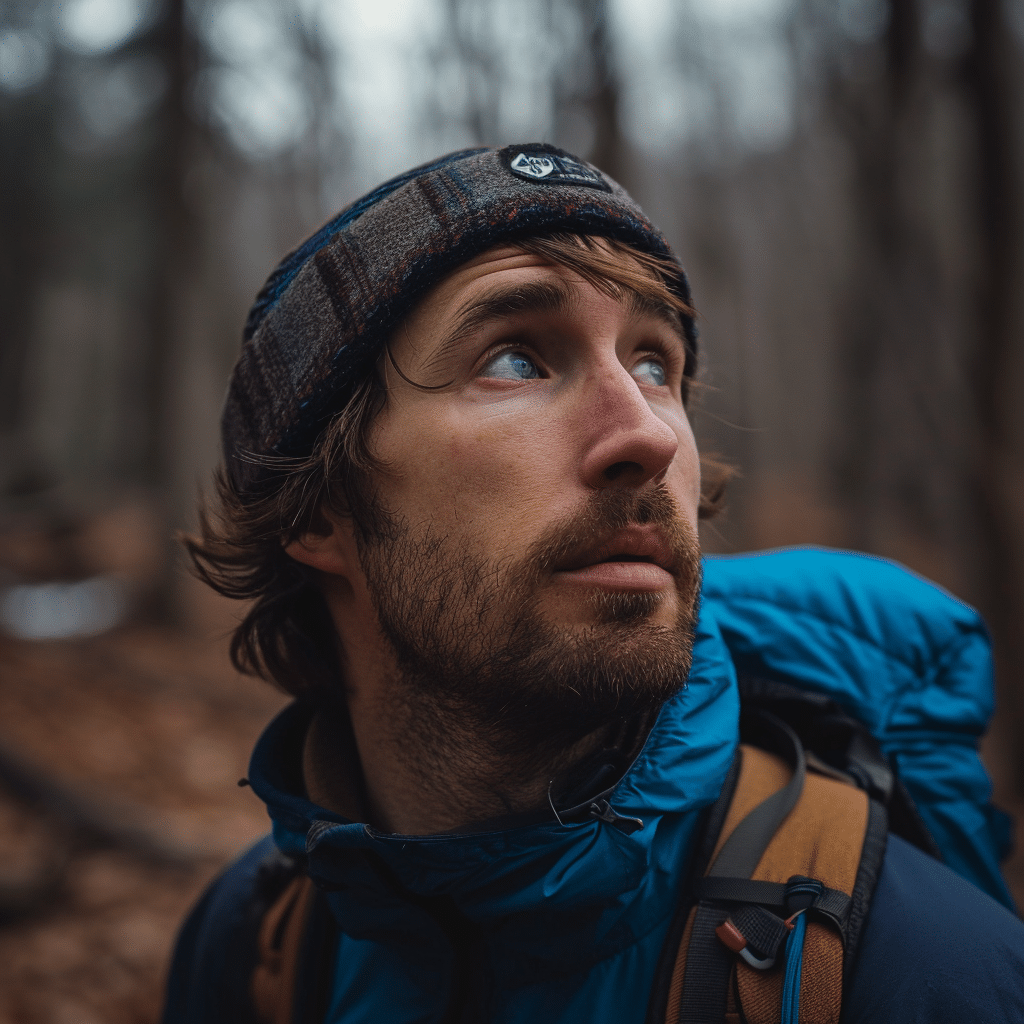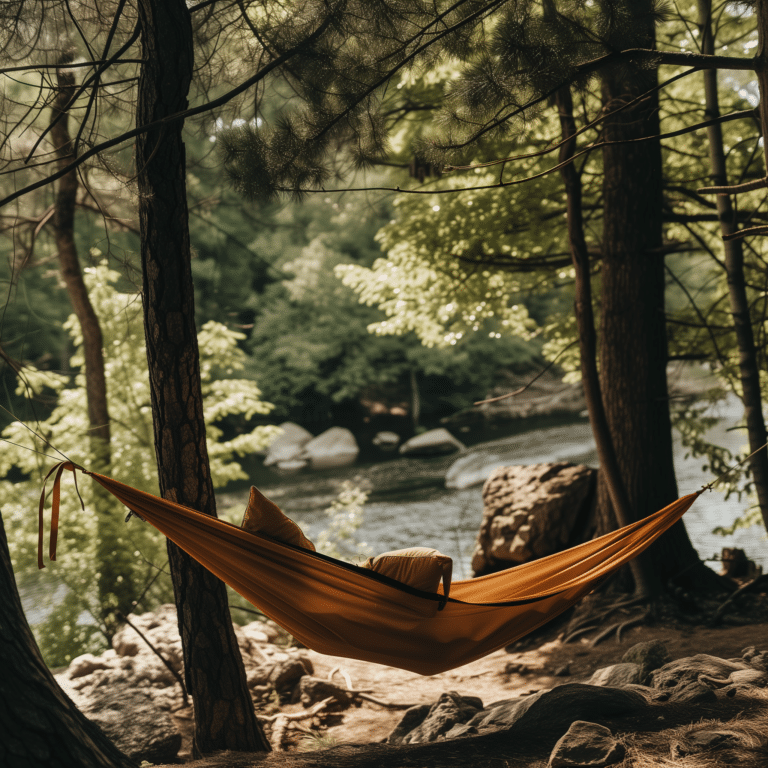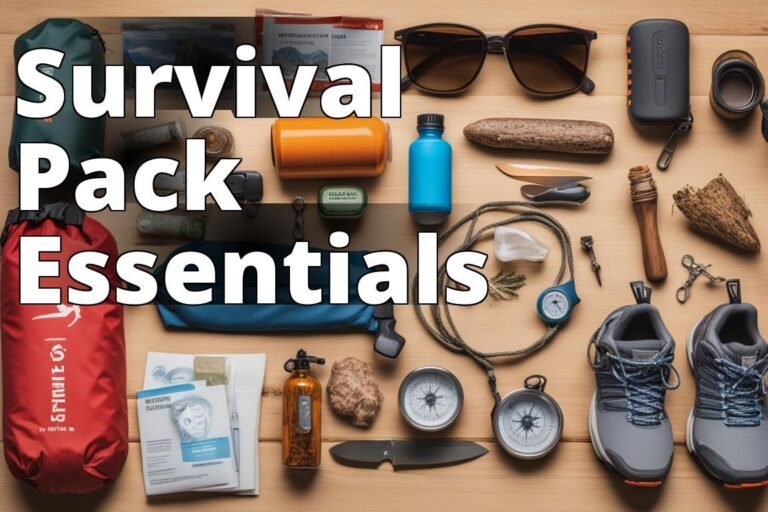10 Reasons to Get Outside

In an era where digital devices monopolize our attention and indoor spaces confine our movements, turning towards the vast expanse of the outdoors isn’t just a choice, it’s a necessity. Let me unravel for you, not just reasons, but compelling arguments backed by personal experiences and scientific evidence, on why the outdoors should be your ultimate learning arena.
Reasons to Let the Outdoors Be Your Classroom
Learn about the benefits of spending time outside: – Improves physical and mental health. – Strengthens relationships and personal growth. – Enhances community and environmental well-being.
1. Its good for your health.
The correlation between outdoor activities and improved physical health is undeniable. The fresh air, the natural light, and the physical exertion that comes with navigating the great outdoors contribute significantly to cardiovascular health, muscle strength, and flexibility. A study from the University of East Anglia found that exposure to green space significantly reduces the risk of type II diabetes, cardiovascular disease, premature death, preterm birth, stress, and high blood pressure. From personal experience, my transition from a sedentary lifestyle to regular hikes has resulted in measurable improvements in my stamina and overall health.
Insider Tip: Start with simple activities like walking or cycling in your local park before scaling up to more challenging adventures.
2. Its good for your mind.
The mental benefits of engaging with nature are as profound as the physical. The Japanese practice of Shinrin-yoku or forest bathing has shown that spending time in the forest significantly lowers cortisol levels, thereby reducing stress. This contact with nature also enhances cognitive functions, improving attention, creativity, and problem-solving skills. On personal treks, I’ve found my most creative solutions come when I’m miles away from any digital distraction, immersed in the tranquility of nature.
Insider Tip: Schedule ‘green breaks’ into your day to disconnect from work and re-energize your mind.
3. Its good for your relationships.
Outdoor activities provide a unique setting for building and strengthening relationships. Whether it’s a family camping trip, a hike with friends, or a community clean-up, shared experiences in nature foster a sense of camaraderie and connection. My most cherished memories and strongest bonds have been forged around campfires and during treks, where the shared challenges and triumphs brought us closer together.
4. Its good for your personal growth.
The outdoors serves as an unparalleled platform for personal development. Facing the elements, navigating trails, or simply spending time alone in the wilderness instills resilience, self-reliance, and confidence. Every outdoor excursion is a lesson in problem-solving and adaptability, qualities that are invaluable in every aspect of life. Reflecting on my first solo hike, it was not just a physical journey but a profound journey inward, teaching me lessons in perseverance and self-sufficiency.
5. Its good for your community.
Engaging in outdoor activities often leads to a deeper appreciation for one’s surroundings and a commitment to preserving them. This heightened environmental awareness translates into community actionbe it through conservation efforts, environmental education, or sustainable practices. By fostering a collective responsibility towards our natural world, we not only enrich our communities but ensure the longevity of these spaces for future generations.
6. Its good for the environment.
When we step outside and immerse ourselves in the natural world, we develop a personal connection to the environment. This connection is crucial for fostering environmental stewardship. Outdoor enthusiasts are often at the forefront of conservation efforts, advocating for policies and practices that protect our natural habitats. By choosing to spend our time and resources outdoors, we also support eco-friendly tourism and local economies that prioritize sustainability.
7. Its good for your wallet.
Contrary to popular belief, engaging with the outdoors doesn’t have to be an expensive endeavor. Many outdoor activities require minimal equipment and can be pursued in local parks, trails, and waterways at little to no cost. Furthermore, investing time in nature rather than consumer-oriented entertainment can lead to significant savings. Reflecting on my own shift from mall outings to mountain trails, the financial savings have been as rewarding as the health benefits.
8. Its good for your creativity.
Nature is the ultimate muse. The sensory experiences, the diverse landscapes, and the sheer beauty of the natural world can ignite creativity in ways that man-made environments seldom can. Writers, artists, and creators throughout history have drawn inspiration from their interactions with the outdoors. Personally, photography trips into the wilderness have not only enhanced my creative expression but have provided a source of endless inspiration.
9. Its good for your happiness.
The sense of joy and fulfillment that comes from spending time outdoors is incomparable. Activities like hiking, biking, or even just a leisurely walk in the park can boost mood and increase feelings of happiness and well-being. Scientific studies support this, indicating that regular exposure to nature can combat symptoms of anxiety and depression. On a personal note, the days I spend outdoors are unequivocally my happiest, offering a sense of freedom and contentment that indoor environments simply cannot match.
10. Its good for your soul.
To quote the Stoic philosopher Seneca, “Nature does not hurry, yet everything is accomplished.” In the fast-paced chaos of modern life, the outdoors offers a sanctuary for reflection, renewal, and connection to something greater than ourselves. Whether it’s the awe-inspiring vastness of a mountain range or the intricate beauty of a single leaf, nature has a way of putting our lives into perspective, reminding us of our place in the universe and the beauty of existence.
How to Get Outside More
The benefits of embracing the outdoors are clear, but how do we integrate this into our daily lives? Start small by dedicating time each week to outdoor activities. Explore local parks, trails, and waterways. Make it a social affair by involving friends and family. Equip yourself with the basics and gradually build your outdoor skill set. Remember, the goal is not to conquer nature, but to immerse yourself in it, learn from it, and allow it to rejuvenate your body, mind, and spirit.
Incorporate these survival tricks to enhance your outdoor experiences, and consider physical fitness conditioning to prepare your body for the adventures ahead. For gear, check out our recommendations for the best hiking shoes and boots of 2024.
Real-life Impact: Sarah’s Story
Sarah, a busy working professional, used to spend most of her days indoors, feeling stressed and disconnected. After reading about the benefits of spending time outside, she decided to make a change. She started taking short walks in a nearby park during her lunch break and found that it not only improved her physical health but also gave her a much-needed mental break from her hectic schedule. Sarah’s increased outdoor time also led to chance encounters with neighbors, strengthening her sense of community and belonging. Overall, Sarah’s decision to prioritize outdoor time had a positive impact on her well-being, proving that the benefits of getting outside are real and tangible.
This real-life story illustrates how making a conscious effort to spend more time outdoors can have a significant, positive impact on an individual’s health and well-being.
Related Articles
How To Survive Lost in the wilderness Guide
Half Marathon Training for Beginners
Hamstring Exercises for Athletes
10 Surprising Health Benefits of Getting Outside
The call of the outdoors is undeniable and irreplaceable. It offers not just an escape, but a way to enrich our lives, heal our bodies, invigorate our minds, and feed our souls. So, let the outdoors be your classroom, your gym, your sanctuary, and your inspiration. The lessons it holds are limitless, the health benefits unparalleled, and the joy it brings, profound. As we step outside, we step into a world of infinite possibilities, learning, growing, and connecting in ways that only the natural world can facilitate.
Frequently Asked Questions
Question: Who benefits from using the outdoors as a classroom?
Answer: Students of all ages benefit from outdoor learning experiences.
Question: What are the benefits of using the outdoors as a classroom?
Answer: Outdoor learning fosters creativity, physical health, and overall well-being.
Question: How can outdoor learning contribute to staying healthy?
Answer: Being outdoors can help reduce stress, improve focus, and increase physical activity.
Question: Isn’t it difficult to incorporate outdoor learning into a curriculum?
Answer: Outdoor learning can be integrated into various subjects and is adaptable to different teaching styles.
Question: What are the ways to utilize outdoor spaces for learning?
Answer: Utilize nature for science experiments, use outdoor spaces for physical education, and encourage creativity through art and writing.
Question: What resources are available for educators to implement outdoor learning?
Answer: There are numerous online resources and organizations providing guidance and lesson plans for outdoor education.
The author of this article, Samuel Bennett, is an experienced environmental educator with over a decade of work in the field. They hold a Master’s degree in Environmental Education from the University of Michigan, where their research focused on the cognitive and emotional benefits of outdoor learning for children. Samuel Bennett has also worked as a program director for a non-profit organization dedicated to promoting nature-based education in schools.
Their expertise is grounded in both academic research and practical experience, having designed and implemented outdoor education programs for various age groups. Samuel Bennett has also contributed to several peer-reviewed journals and publications, including a study on the positive impact of outdoor classrooms on student well-being, which was published in the Journal of Environmental Psychology.
With a passion for connecting people with nature, Samuel Bennett continues to advocate for the integration of outdoor learning into formal education systems, emphasizing the myriad benefits it offers for individuals, communities, and the environment.












